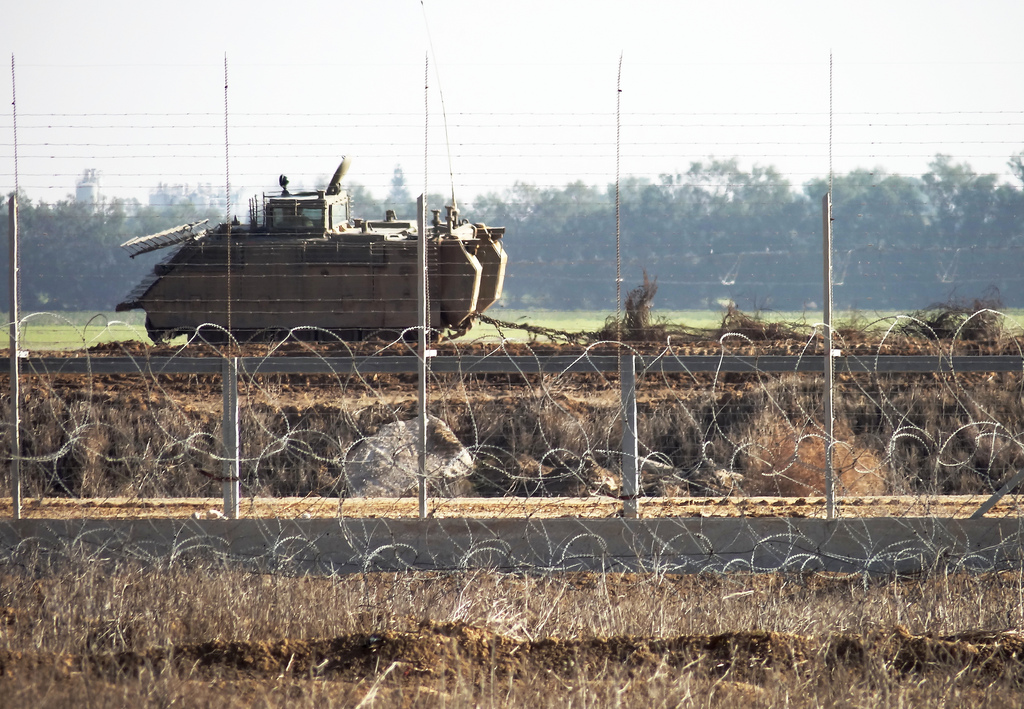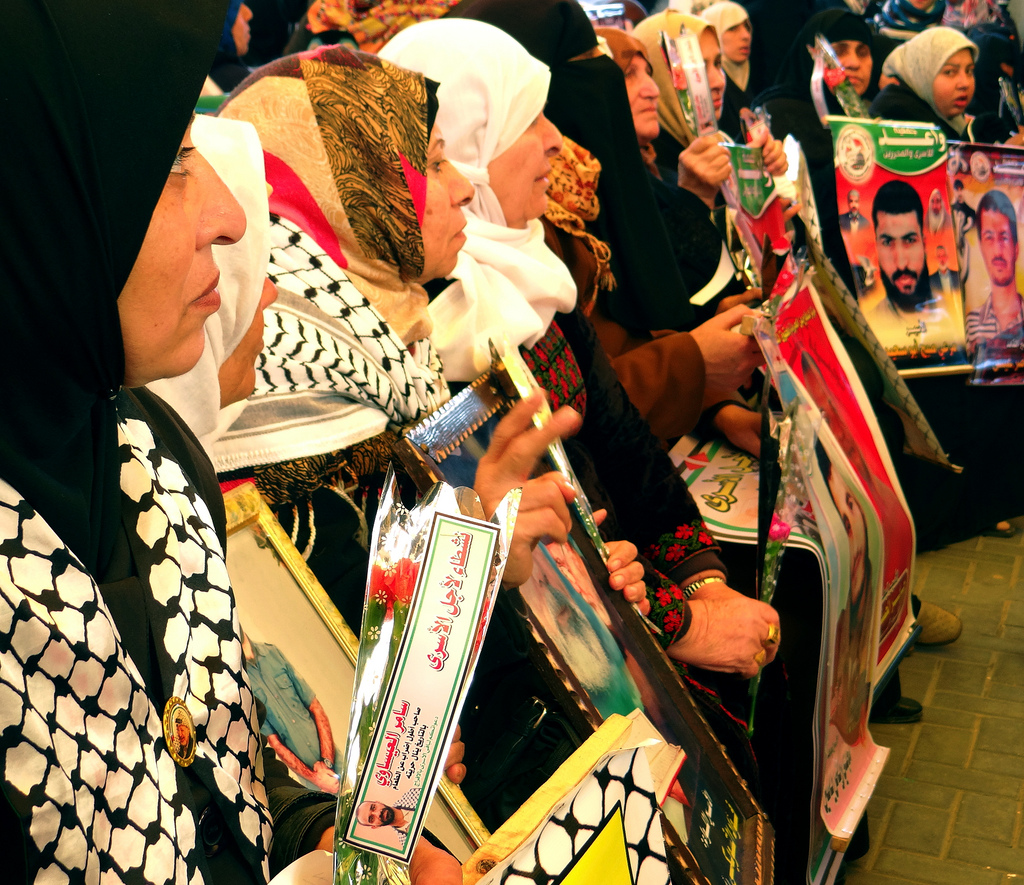Year: 2013
-
Why does Israel treat Gaza farmers sowing wheat by hand as military targets?
28th December 2013 | International Solidarity Movement, Charlie Andreasson | Gaza, Occupied Palestine December is the time for farmers in the Gaza Strip to sow. But for those with fields near the Israeli separation barrier, it is highly dangerous. Sure enough, we were met by news that an 18-year-old was shot an hour earlier when…
-
Photos: Palestinians rally for prisoners in Gaza as Samer Issawi freed in Jerusalem
27th December 2013 | International Solidarity Movement, Marco Varasio | Gaza, Occupied Palestine On 23rd December, like every Monday morning, relatives and friends of the Palestinian prisoners in Israeli jails gathered at the International Committee of the Red Cross’ Gaza office for the weekly rally. But people at the rally had another reason to gather:…



